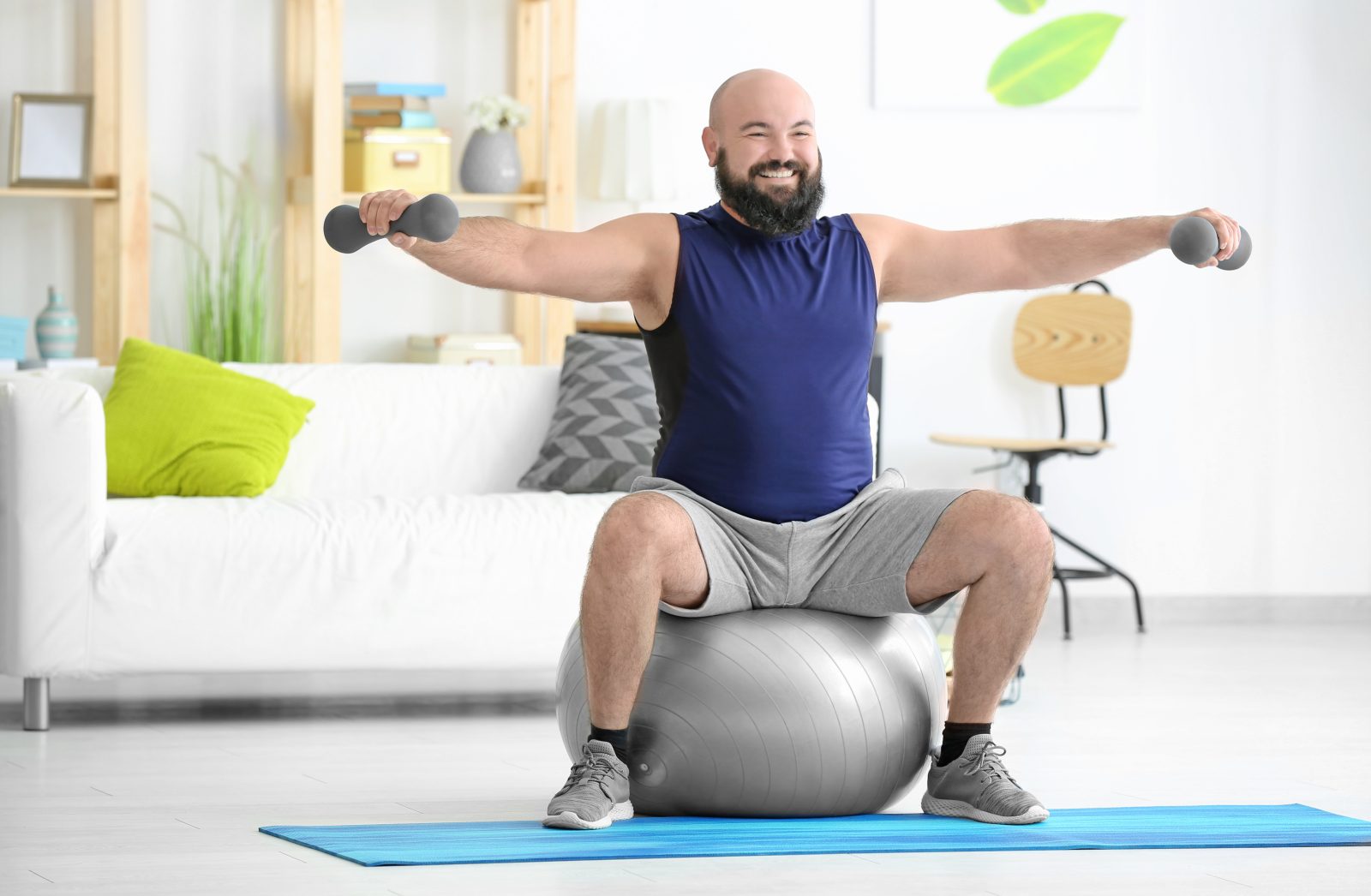Multiple Sclerosis (MS) is a complex neurological condition that can impact various aspects of a person’s life. Among its many challenges, issues related to balance and coordination can significantly affect individuals with MS. Fortunately, there are effective exercises and strategies that can help improve balance and coordination, enhancing the quality of life for those living with this condition.
Understanding Multiple Sclerosis and its effects
Multiple Sclerosis is an autoimmune disease where the immune system attacks the protective covering of nerve fibers, leading to communication disruptions between the brain and the rest of the body. This can result in a range of symptoms, including muscle weakness, numbness, and issues with balance and coordination.
The importance of balance and coordination
Maintaining balance and coordination is crucial for performing everyday activities and preventing falls. MS can compromise these abilities due to its impact on nerve signals. However, targeted exercises can help mitigate these effects and enhance overall stability.
Exercise strategies for enhancing balance and coordination
Stretching for flexibility
Gentle stretching helps improve flexibility, reducing muscle stiffness often associated with MS. Incorporating stretches into the daily routine can ease muscle tension and promote a greater range of motion.
Yoga and Tai Chi for mind-body connection
Practices like yoga and tai chi emphasize controlled movements, deep breathing, and mindfulness. These activities enhance the mind-body connection, contributing to improved balance and coordination.
Strength training for stability
Building muscle strength is vital for supporting weakened muscles caused by MS. Engaging in strength training exercises, with appropriate supervision, can enhance stability and reduce the risk of falls.
Aquatic exercises for low-impact movement
Exercise in water provides a low-impact environment that reduces strain on joints and muscles. Water-based activities enhance balance, flexibility, and coordination without excessive stress.
Neurological rehabilitation techniques
Proprioceptive training
Proprioceptive exercises focus on body awareness and spatial orientation. These exercises challenge the senses and improve coordination by enhancing the brain’s understanding of body positioning.
Vestibular rehabilitation
The vestibular system plays a key role in balance and spatial orientation. Vestibular rehabilitation exercises target this system, enhancing its function and overall balance control.
Functional electrical stimulation (FES)
FES involves using electrical currents to stimulate weakened muscles. This technique can help retrain muscles, improving coordination and mobility.
Daily practices to support balance and coordination
Mindfulness and meditation
Practicing mindfulness and meditation can improve focus and concentration. These techniques contribute to better coordination by fostering a stronger mind-body connection.
Maintaining a healthy diet
A balanced diet rich in nutrients supports overall health, including muscle function. Nutritional choices play a role in maintaining the energy levels necessary for optimal coordination.
Adequate sleep and stress management
Quality sleep and stress reduction techniques contribute to better cognitive function and coordination. Managing stress positively impacts neurological health.
Assistive devices for improved mobility
Canes and walking poles
Assistive devices like canes and walking poles provide additional support for mobility. These tools help individuals maintain stability and prevent falls.
Orthotics and braces
Orthotic devices and braces offer support for weakened muscles and joints. They aid in maintaining proper alignment and enhancing overall coordination.
Incorporating exercises into the daily routine
Consistency is key. Incorporating these exercises into the daily routine ensures ongoing benefits. Starting slowly and gradually increasing intensity is essential for progress.
Seeking professional guidance
Consulting healthcare professionals, such as physical therapists and neurologists, ensures a safe and effective exercise regimen tailored to individual needs.
Staying positive and patient on the journey
Improvements in balance and coordination may take time. Staying positive, setting achievable goals, and acknowledging progress are important aspects of the journey.
Living with MS presents unique challenges, but incorporating targeted exercises and healthy lifestyle practices can greatly enhance balance and coordination. By staying proactive and seeking professional guidance, individuals with MS can experience improved mobility and a higher quality of life.
















Find Us on Socials